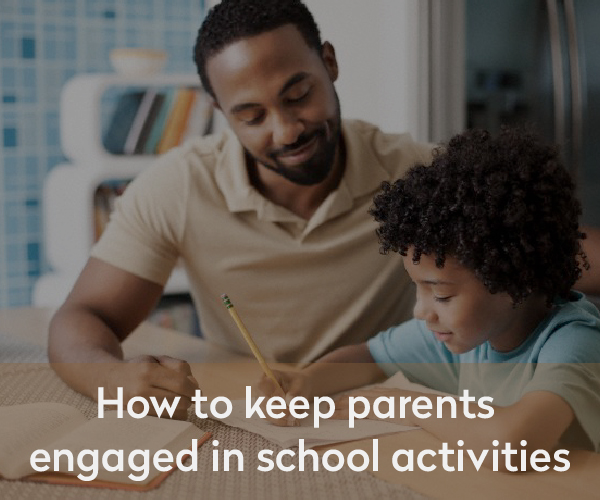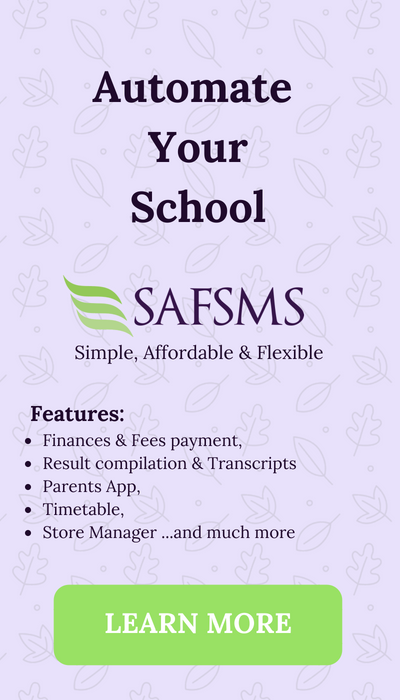How To Increase Parental Involvement In Schools
The benefits of parent involvement are clear, research has proven that successful parent involvement improves not only student behavior but also positively affects student achievement.
Parents are expected to exhibit interest in the education of their wards by showing involvement at home, reading with them children, helping with homework, and discussing school events. Schools with involved parents engage those parents, communicate with them regularly, and include them into the learning process.
Schools have to see parents as equal stakeholders in the learning experience by starting with the belief that student success is a shared interest of both school and family. By envisioning parents as partners in the learning process, and then identifying concrete ways that partnership can be activated.
Proactive Schools
Successful parent-school partnerships are not stand-alone, add-on programs. Instead, they are well integrated with the school’s overall mission. Typically, quality programs are developed in collaboration with parents and reflect their needs and interests. Offering child care, translators, and multiple opportunities to hear information go a long way toward expressing a school’s genuine interest in parent input.
Successful parent-involvement programs typically develop in response to a specific need in the school or its community. A strategy that works in one school might not be the best choice for another. For instance, while a primary school in Abuja might establish a Parent Mentor program in which parents are designated to contact other families to tell them about school activities, another school in the same city might begin a program that allows parent volunteers to earn points toward rewards such as computers and other educational materials.
Two way Communication
Effective communication requires a two-way flow of information. While most schools develop efficient structures for getting information out-such as newsletters, Web sites e.t.c only a handful develop structures to ensure that feedback from parents.
For some schools, improving communication involves technology such as e-mail messages and interactive phone systems.
A school management solution that can give parents access to detailed analytics regarding social, academic and behavioral qualities is a sure fire way to instill an open relation between schools and parents. With the ability to view details about what is happening in their children’s classes and access their children’s grades and attendance records, parents may use the system to understand the whole picture, not just what they see at home.
Of course, the use of any strategy must be tailored to the school’s population. If families don’t have reliable access to the Internet, e-mails won’t work. A phone message in English won’t communicate much to parents who speak only Hausa. The bottom line for schools is to communicate using strategies that convey what is important in a way that can be heard by parents and families and invites them to respond.
Parents and children as Partners
Parents are the most important partner in a child’s education and schools can reap large dividends by capitalizing on their support. To be sure, such relationships require a lot of work by both educators and parents. Although success will not come easy, the rewards are too great for a school not to try.








Trackbacks/Pingbacks